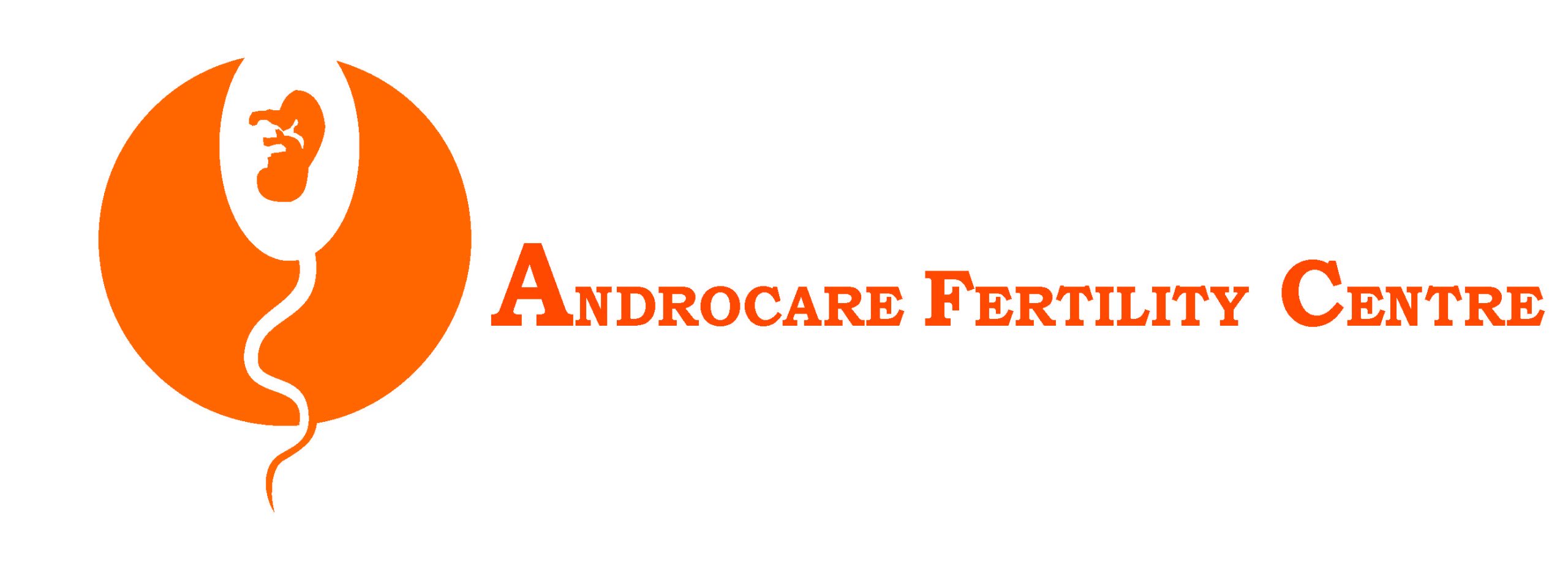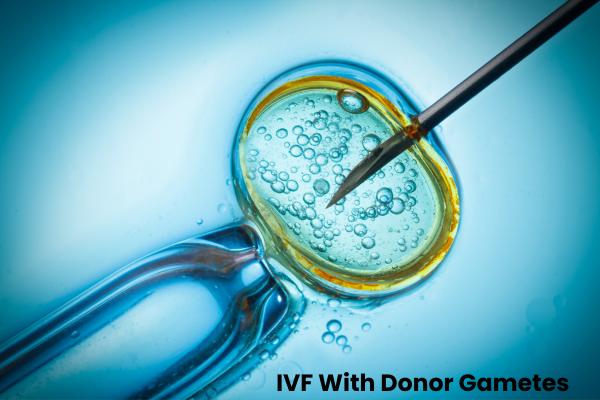Navigating the Path of Parenthood: Embracing the Realness of IVF with Donor Gametes
Introduction
Having a baby through in vitro fertilisation (IVF) with donor stuff might sound like a sci-fi adventure, but for many, it’s a real and sometimes tricky journey into parenthood. In the middle of all the excitement, you might wonder if the parent-child connection is as genuine. This article is here to give a big hug of reassurance to those thinking about IVF with donor stuff. It uses some smart-sounding research to show that being a parent is about way more than just sharing genes.
Defining Parenthood Beyond Genetics
Parenting goes beyond handing down your eye color or charming dimples. As the wisdom of Golombok and her crew (2016) suggests, it’s akin to being a superhero – minus the cape. Parenthood isn’t just a genetic hand-me-down; it’s an emotional adventure, a mental marvel, and a heartwarming act of care. So, if you’re pondering IVF with some donor magic, keep in mind that being a bona fide parent boils down to the genuine desire to shower love, foster growth, and raise a tiny superhero.
Forming Secure Attachments
Picture this: creating a mega-strong friendship, but with someone way tinier – that’s how you build a close bond with your kiddo. According to smart folks like Priel and Besser (1999), it’s not about sharing the same genes; it’s about being present, showing care, and becoming a superhero in your little one’s eyes. So, if you’re riding the IVF with a donor magic train, understand that your dedication to love and care is what weaves an indestructible connection.
The Shared Journey of Conception
While the baby’s genes might come from a donor, the journey of creating, growing, and welcoming your child into the world is a shared experience. Zadeh and Ilioi (2019) say that the experiences during pregnancy and the bonding that happens during this time are essential. Factors influencing or working alongside the genes respond to these shared experiences, creating a special story in the code that connects parent and child. Making decisions, going to medical appointments, and facing the emotional rollercoaster together all contribute to this shared journey.
Active Parental Involvement and Child Development
Guess what? After all, you don’t need a cape or a mask to be a superhero parent! Factors influencing or working alongside genes help show how much parents being involved affects a child’s growth. Bornstein and friends (2003) discovered a good connection between parents being active and different parts of a child feeling good. In IVF with donor gametes, when the parents-to-be stay consistently involved, it influences the child’s identity, feeling good about themselves, and overall growth through special processes called epigenetics. This mix of the world around them and the genes highlights the special connection between parents and their children.
Conclusion
Thinking about IVF with donor materials might make you wonder if you’ll truly be a parent. Well, let me tell you: being a parent is way more than just passing on genes. It’s about the love, the care, and the exciting experiences you share. Your wish to love, nurture, and raise a child leaves a lasting impression on the things that influence or work alongside genes, shaping the unique connection between you and your child.
As you start this incredible journey into parenthood, be confident that the love, commitment, and desire to nurture create a genuine and powerful bond that goes beyond where your genes come from. The real connections you build with your little one are what make you the true and devoted parent they need. Buckle up for the most fantastic adventure of your life!
References
Bornstein, M. H., Putnick, D. L., Gartstein, M. A., Hahn, C. S., Auestad, N., O’Connor, D. L., … & Tardif, T. (2003). Maternal responsiveness predicts attention bias in infancy. Journal of Child Psychology and Psychiatry, 44(3), 522-530.
Golombok, S., Readings, J., Blake, L., Casey, P., Marks, A., & Jadva, V. (2011). Children conceived by gamete donation: Psychological adjustment and mother-child relationships at age 7. Journal of Family Psychology, 25(2), 230-239.
Golombok, S., Lycett, E., MacCallum, F., Jadva, V., Murray, C., & Rust, J. (2004). Parenting infants conceived by gamete donation. Journal of Family Psychology, 18(3), 443-452.
Golombok, S., Murray, C., Jadva, V., MacCallum, F., & Lycett, E. (2006). Families created through surrogacy arrangements: Parent–child relationships in the 1st year of life. Developmental Psychology, 42(3), 702-710.
Priel, B., & Besser, A. (1999). Adult attachment styles, early relationships, antenatal attachment, and perceptions of infant temperament: A study of first-time mothers. Personality and Individual Differences, 27(2), 349-367.
Zadeh, S., & Ilioi, E. (2019). Experiences of embryo donation: A qualitative study of couples involved in embryo donation. Reproductive Biomedicine & Society Online, 8, 64-73.
Written by:
Nihinlola Eunice Olowe (M.Ed., PhD in View Counselling Psychology)
Psychotherapist
Androcare Fertility Centre

